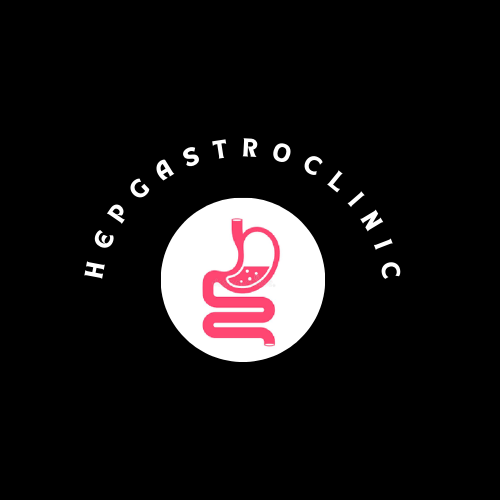The Amazing Health Benefits of Zinc
Zinc is an
essential mineral that plays a vital role in many biological processes. It
helps maintain healthy skin, hair, nails, bones, teeth, and the immune system.
Zinc
deficiency has been linked to several diseases, including diabetes, heart
disease, cancer, and Alzheimer’s disease.
Food sources of zinc:
Oysters, red
meat, and legumes
How much zinc is healthy daily?
Men: 12-15
mg daily
Women: 9-11
mg daily
What are the health benefits of taking zinc?
Sexual health benefits of zinc in men.
- Zinc
maintains the level of the male hormone (testosterone) in the blood and
prevents the conversion of part of it with age into the female hormone
(estrogen), which may cause obesity and coronary heart disease.
- Increases
sperm motility and the number
- Maintains
prostate health and reduces recurrent prostate infections
Boost Immunity.
Zinc is one
of the most abundant minerals in the body. It is found in every cell of the
human body and is necessary for more than 300 different enzymes. In addition to
its role as an enzyme cofactor, zinc also acts as a structural component of
DNA, RNA, and proteins.
Fight Infections.
Zinc
deficiency has been linked with increased susceptibility to infections such as
colds, flu, and pneumonia. A study published in the Journal of Clinical
Nutrition showed that people who consumed less than 50 mg of zinc per day were
twice as likely to develop respiratory tract infections compared to those who
took in at least 100 mg of zinc daily.
Scientific
research has proven the ability of zinc to increase the production and maturity
of lymphocytes, which helps in combating viral diseases such as the common
cold, coronavirus, and others, as taking zinc early in the event of a cold
reduces the severity and duration of symptoms.
Prevent Cancer.
Zinc also
supports the body’s natural defenses against cancer by helping to prevent DNA
damage. In addition, zinc is necessary for proper cell division and growth,
which means it helps keep cells from becoming cancerous.
Promote Healthy Skin & Hair.
Zinc
deficiency has been linked with dry, scaly skin, brittle fingernails, and
thinning hair. However, taking supplemental zinc can help improve these
symptoms. A study published in the Journal of Clinical Endocrinology and
Metabolism found that people who took zinc supplements had thicker hair than
those who didn’t take them.
Reduce Inflammation.
Zinc also
supports the body’s natural defenses against infection by helping to keep the
mucous membranes moist and lubricated. This makes it easier for the body to
fight off bacteria and viruses.
Improve brain functions.
Where zinc
improves memory and improves mental abilities, such as doing arithmetic
operations, and therefore zinc has an effective role in treating cases of
hepatic encephalopathy and hepatic coma.
Improve the
senses of smell and taste.
Improve mood
and reduce fatigue and stress.
Improve blood sugar.
Zinc
supplementation improved blood sugar control and promoted a healthy lipid profile
in diabetics. In addition, zinc supplementation has been shown to improve
insulin sensitivity in obese people.
Zinc aids in
the storage and secretion of insulin, the hormone that allows cells to use
sugars from food so that they do not accumulate in the blood.
Promote heart health.
Zinc may
promote heart health by reducing the level of bad cholesterol (LDL) and decreasing
also systolic blood pressure.
Benefits for pregnant and lactating women.
Zinc improves the physical and mental development of the fetus and newborn.
Symptoms of zinc deficiency:
- Loss of
appetite and weight
- Loss of senses of smell and taste
- Hair shedding
- Feeling tired and stressed with minimal effort
- Frequent diarrhea
- Reduction of Blood pressure
- Appearance of white dots under the nail
- zinc deficiency in pregnant ladies may lead to:
- Premature birth
- Birth of underweight babies
High-risk groups of zinc deficiency:
- Pregnant
and lactating women
- Babies and
children
- Elderly
people over 65 years old
- Ulcerative
colitis and Crohn's disease
- Patients
with chronic diarrhea
- Alcoholics
- Total Parenteral
nutrition patients
Zinc supplements.
Zinc has
an impact on iron and copper absorption. Excess zinc can interfere with the absorption
of both iron and copper. High doses can also cause nausea, and even vomiting. Therefore,
it is important to confirm if there is sufficient zinc in your diet or if a
zinc deficiency is present before taking zinc as a supplement. A registered
dietitian can help complete one’s assessment of one’s diet and whether the intake
of zinc is adequate.
Conclusion.
Zinc has many benefits for the human body and
taking any vitamin that contains at least 11 mg of zinc supports the immune
system, especially against viruses, which is what we need most now considering
the Covid-19 pandemic. I will leave you now with a subtitled video about the
same topic.

